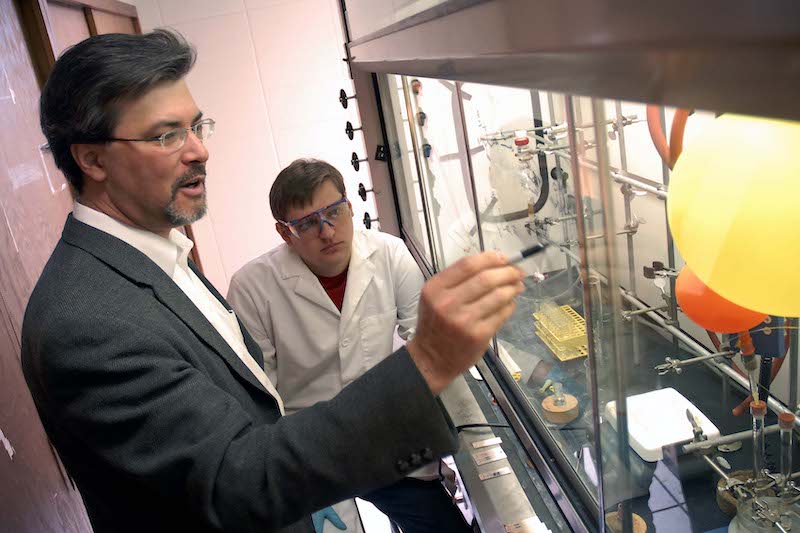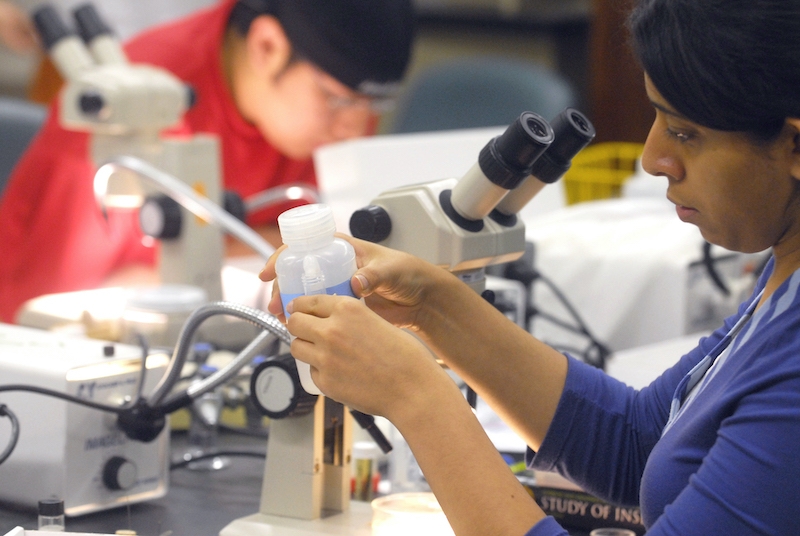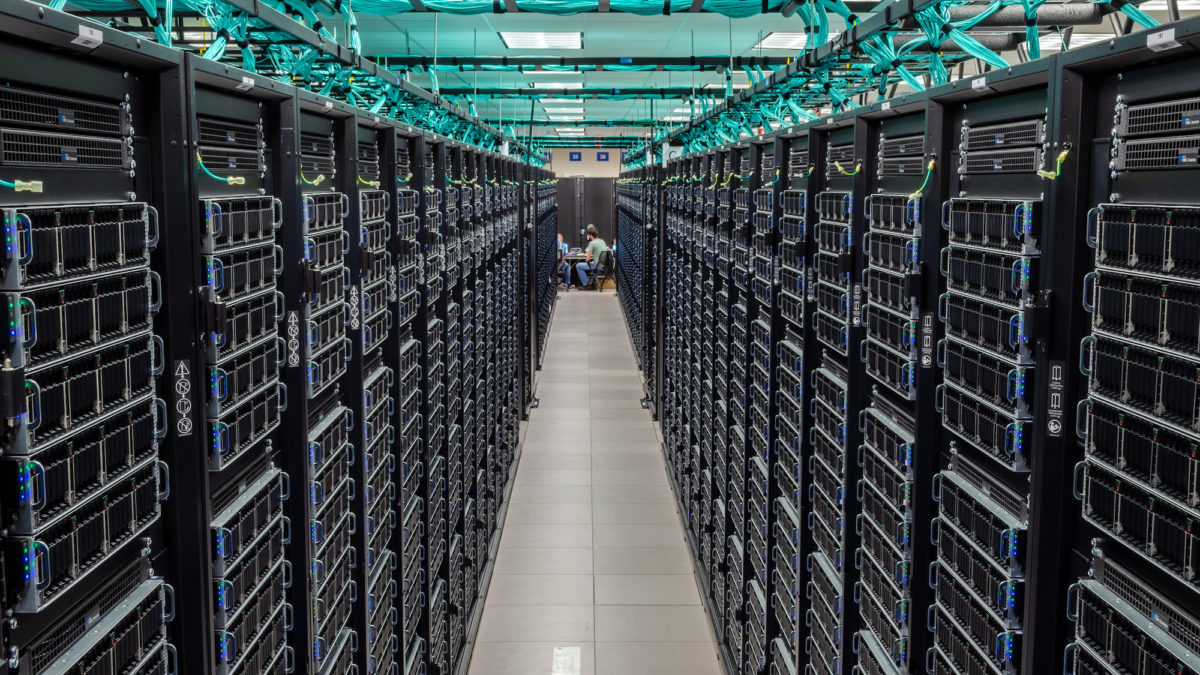Epidemiology
To better manage how a disease like COVID-19 impacts our society, we must first understand how and why the disease spreads. Epidemiological research saves lives. It has contributed to:
- The eradication of smallpox
- Fluoridation of drinking water
- Recognition of tobacco as a health hazard
- An increase of life expectancy in the U.S. of 25 years
At UT Austin, our epidemiological researchers are focused on developing measures to help understand and control the spread of COVID-19.
Explore Research Opportunities
Your support will advance our research efforts to fight COVID-19 now and help minimize or prevent future outbreaks.
A study using fluid dynamics and machine learning to determine how best to reopen the transportation sector with minimal infection risk.
Vaibhav Bahadur, Cockrell School of Engineering
A project to analyze how, when and why the various and widely diverging modeling approaches for COVID-19 failed, and determine which ones worked best to help decision-makers more effectively save lives and limit economic damage.
Eric Bickel, Cockrell School of Engineering
John Hasenbein, Cockrell School of Engineering
A study on the biological and psychological impact of the COVID-19 outbreak on the population, providing critical insights into effective strategies for managing our response to this and future pandemics.
Frances Champagne, College of Liberal Arts
David Schyner, College of Liberal Arts
Cameron Craddock, Dell Medical School
Kerry Kinney, Cockrell School of Engineering
Development of a web-based, self-monitoring app to track increases in behavioral health disorders resulting from the stress of the pandemic, including feedback tools that connect users to information and help.
Richard Craddock, Dell Medical School
A project using mathematical and statistical modeling to determine how to employ proactive early testing of COVID-19 cases in a region, preventing or mitigating a widespread outbreak and second wave of infections.
John Hasenbein, Cockrell School of Engineering
Eric Bickel, Cockrell School of Engineering
Lauren Meyers, College of Natural Sciences
Development of a disease prediction modeling tool that uniquely factors how the outbreak unfolds and stretches resources across disparate communities at variable times, helping to more accurately marshal our response and resources when and where they are needed.
Erhan Kutanoglu, Cockrell School of Engineering
John Hasenbein, Cockrell School of Engineering
Use of mathematical modeling coupled with computer simulations to map the efficacy of mild to extreme levels of social distancing, allowing for data-driven, proactive responses to protect the population.
Radu Marculescu, Cockrell School of Engineering
Research to understand the extent to which airborne virus particles move through homes as well as the development of tools that can prevent person-to-person exposure within homes.
Atila Novoselac, Cockrell School of Engineering
Shahana Khurshid, Cockrell School of Engineering
Kerry Kinney, Cockrell School of Engineering
Juan Maestre, Cockrell School of Engineering
Pawel Misztal, Cockrell School of Engineering
Development of a platform to capture information about neighborhood-level social distancing with active engagement of the local community, equipping residents and policy makers with information they need to navigate through the COVID-19 pandemic.
Paul Rathouz, Dell Medical School
James Custer, Dell Medical School
Justin Drake, Dell Medical School
Elizabeth Matsui, Dell Medical School
Cory Zigler, College of Natural Sciences & Dell Medical School
Development of SafeTrace, a COVID-19 contact tracing system that uses mobile devices and also integrates state-of-the-art communication algorithms and protocols to de-identify users, creating the first ever COVID-19 contact tracing system that fundamentally protects user privacy.
Sriram Vishwanath, Cockrell School of Engineering
Giving to Research at UT Austin
With world-class scientific talent and resources, UT Austin is well-positioned to lead new breakthroughs in epidemiological science.

Faculty experience and expertise
Our pioneering epidemiologists use mathematical approaches to predict the spread of diseases including influenza, SARS and COVID-19.

From research to clinical practice
We are able to rapidly translate epidemiological studies from the research lab to the patient’s bedside.


Advanced computational capacity
We have the world’s fastest university supercomputer and the largest top-10-ranked computer science department in the nation.